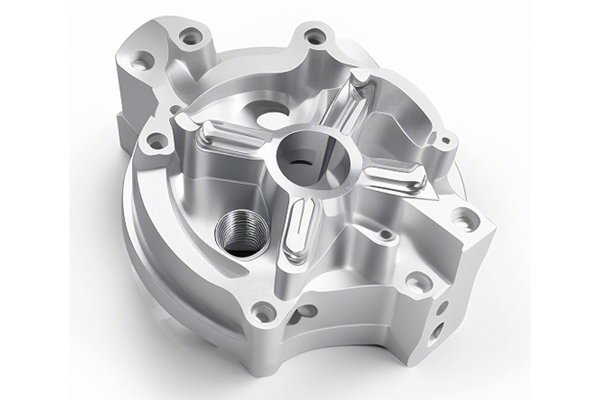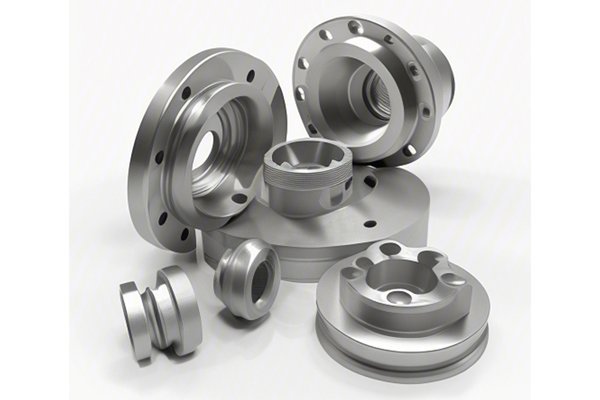Imagine this scenario: A manufacturer receives an urgent order for precision parts that must be on the assembly line within 48 hours to avoid a costly shutdown. While traditional machining methods could take weeks, Computer Numerical Control (CNC) machining offers a swift, efficient alternative. But how exactly can CNC machining help companies meet tight deadlines? In this comprehensive guide, we will explore the intricacies of CNC machining and its ability to shorten delivery cycles for urgent orders.
The Rise of CNC Machining
CNC machining has revolutionized the manufacturing sector by automating the control of machine tools through computers. This allows for greater precision, speed, and efficiency compared to manual machining methods. But beyond these advantages lies another crucial aspect: the ability to respond rapidly to urgent demands from clients.
According to recent industry analytics, businesses that incorporate CNC technology can achieve turnaround times that are reduced by up to 50% compared to traditional methods. This statistic highlights the transformative potential of CNC machining in enhancing operational efficiency and meeting compressed timelines.
Understanding CNC Machining Processes
Before delving into how CNC machining can reduce delivery times, it’s essential to understand its primary processes:
How CNC Machining Addresses Urgent Order Challenges
When faced with urgent orders, manufacturers need flexibility, precision, and speed. Here’s how CNC machining provides solutions to each of these critical areas:
CNC machining offers quick setup capabilities. Unlike traditional machining, which often requires manual adjustments and calibrations, CNC machines can automatically switch from one task to another with minimal downtime. As a result, when an urgent order arrives, the manufacturer can quickly adjust machines to begin production.
Solution: Implementing Advanced Tooling
Using specific tooling designed for quick-change setups can drastically reduce setup times in CNC machining. Tools that utilize quick-release collets, modular fixtures, and automatic tool changers minimize downtime, allowing for faster transitions between production runs.
CNC machines are programmed for optimal performance, allowing for higher production rates. Many operations can be automated, meaning multiple parts can be machined simultaneously, significantly increasing throughput.
Solution: Synchronized Operations
In complex machining tasks, employing synchronized operations is vital. By coordinating multiple CNC machines or utilizing multi-tasking machines that combine turning and milling capabilities, manufacturers can achieve greater speed and efficiency even for urgent orders.

Urgent orders often come with stringent quality requirements. CNC technology reduces human errors, ensuring that parts are manufactured consistently to exact specifications.
Solution: Utilizing Advanced Inspection Systems
Integrating Quality Assurance (QA) procedures into CNC machining workflows, such as in-process inspection systems (like laser scanning or vision systems), can ensure that parts remain within tolerance throughout production. This approach prevents costly rework and ensures compliance with quality standards.
CNC machining is highly adaptable, capable of producing a diverse range of parts across multiple materials. As orders vary, manufacturers can easily adjust their production processes.
Solution: Implementing Agile Manufacturing Practices
An agile manufacturing approach coupled with CNC technology means companies can pivot quickly. By leveraging modular CNC systems that can accommodate different materials, manufacturers can rapidly switch production lines based on real-time demand.
Case Study: TimberTech Industries
To illustrate these strategies, consider the example of TimberTech Industries, which specializes in high-precision components for the automotive sector. Faced with increasing demands for rapid deliveries, they decided to overhaul their machining processes by adopting CNC technology.
Implementation of CNC Machining Techniques
TimberTech implemented several changes:
Results
Upon implementing these changes, TimberTech reported a 60% reduction in delivery cycles for urgent orders. Feedback from clients indicated higher satisfaction levels and an increase in repeat business, validating the effectiveness of CNC machining in responding to urgent needs.
CNC machining presents a game-changing opportunity for manufacturers dealing with urgent orders. With its ability to drastically reduce setup times, enhance production speeds, maintain high precision, and allow for flexible manufacturing practices, the technology is invaluable in today’s fast-paced industrial landscape.
Why Is This Important? The importance of being able to meet rapid delivery timelines cannot be overstated; it not only affects the bottom line but also customer relationships and market competitiveness. As industries continue to evolve, mastering CNC machining processes will be a critical factor for success.
By embracing the innovative capabilities of CNC technology, businesses can not only survive but thrive in a competitive environment where every second counts. Thus, ensuring that CNC machining processes are optimized for urgent order fulfillment should be at the forefront of any manufacturer’s strategy.
Reflecting on these insights can spur potential changes in your own operations; it’s worth considering how you might leverage CNC machining to meet your own urgent manufacturing needs.






